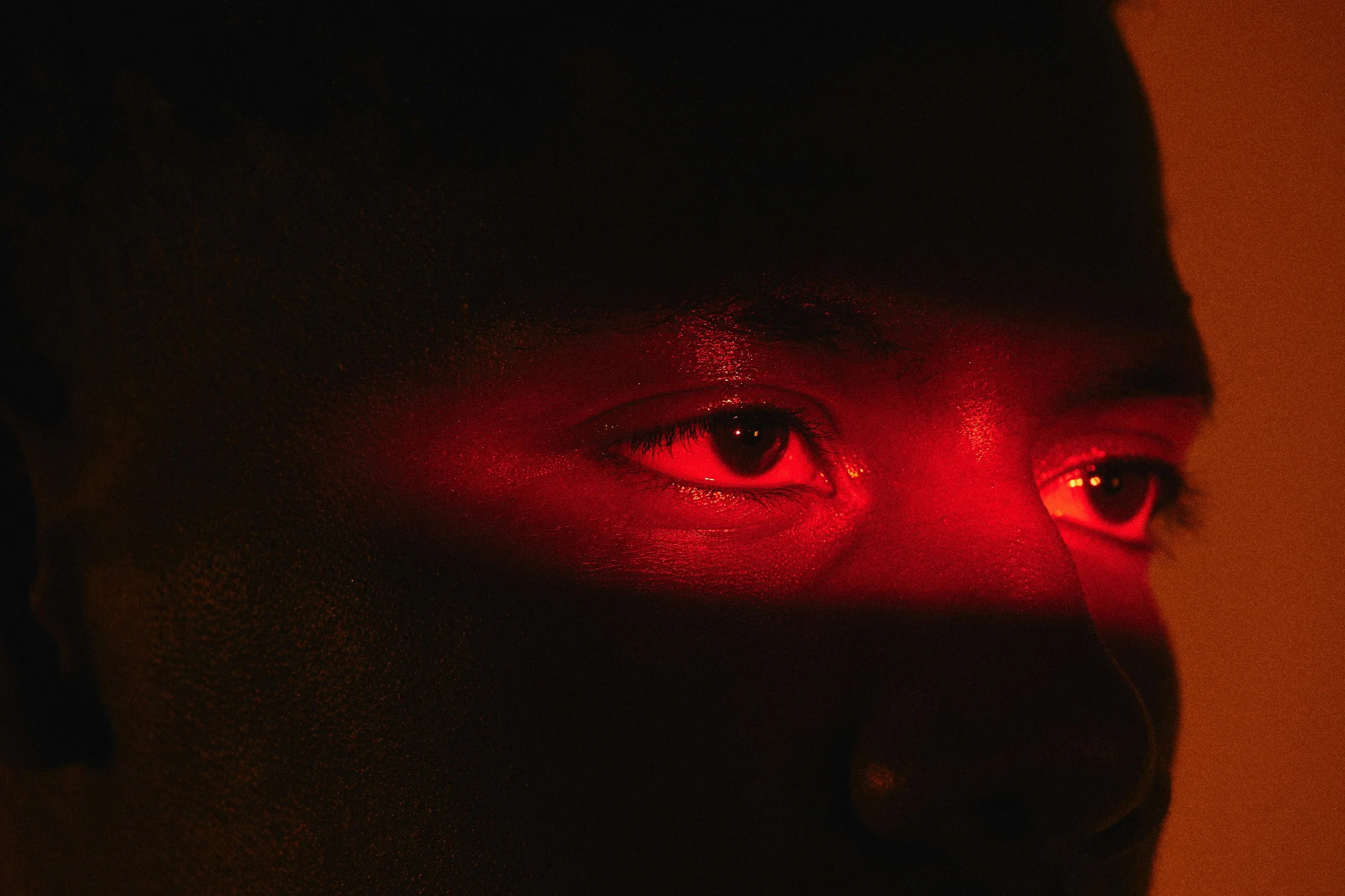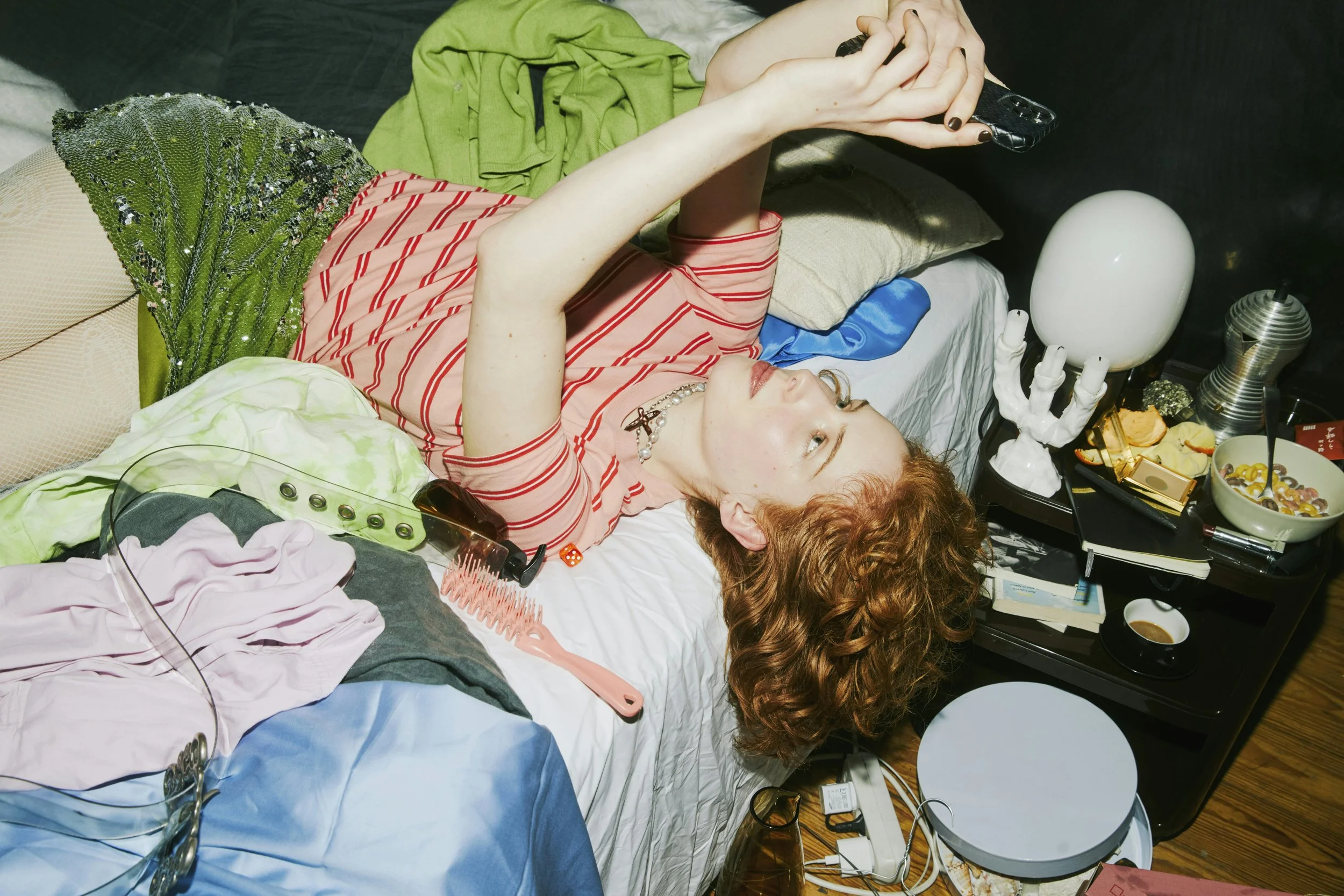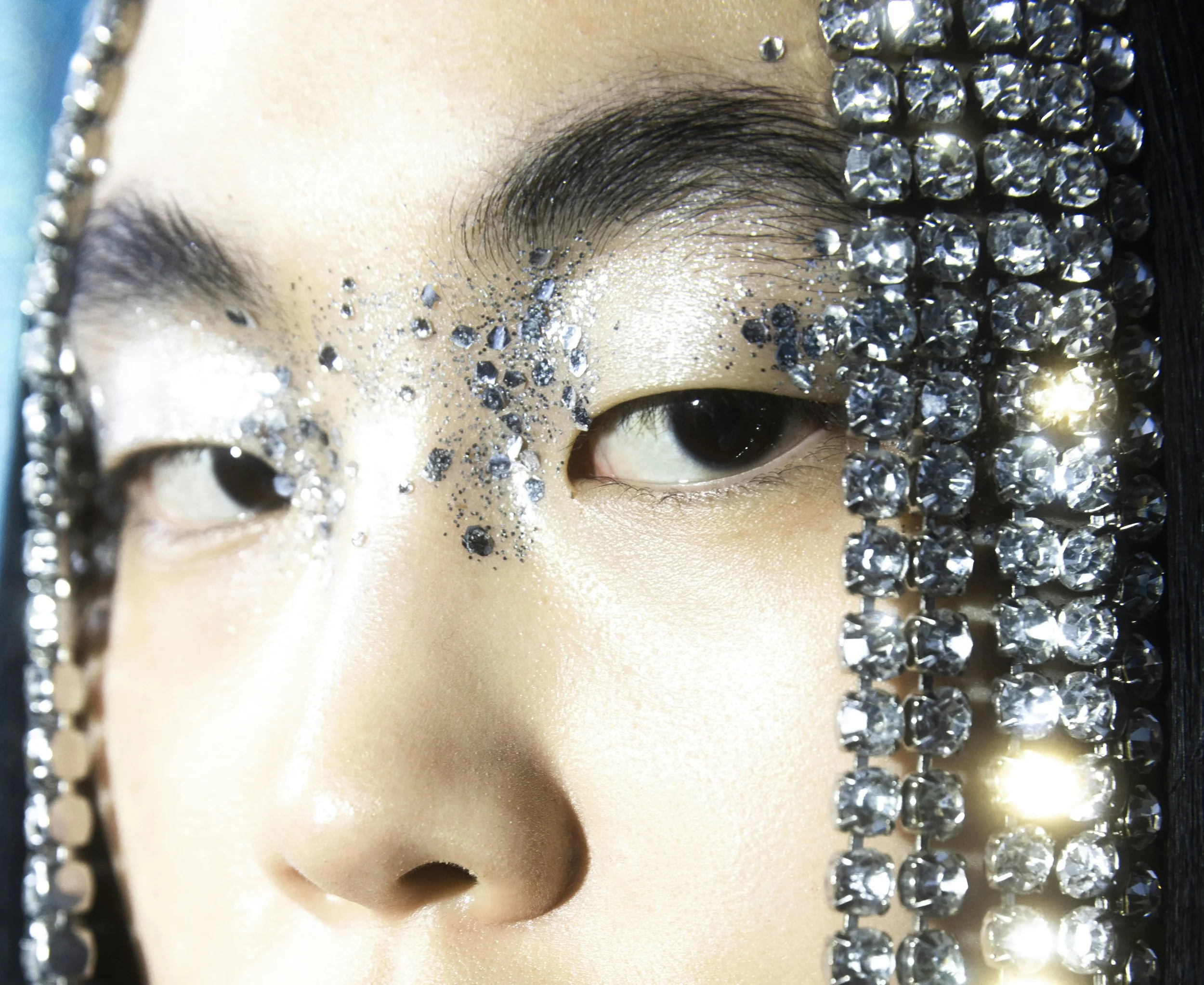
Why Phineas And Ferb Is Peak Neurodivergent Comfort TV
To most, Phineas and Ferb is a quirky kids show about two inventive stepbrothers who spend every day of summer vacation building outrageous contraptions. But for many neurodivergent children and adults, the show offers far more than charming characters, musical numbers, and nostalgic comfort.

Murderbot Gets Us In Ways Humans Don’t
Murderbot offers an uncommon first-person perspective that resonates with countless neurodivergent fans while transporting neurotypical readers – and now, viewers – into a neurodivergent mindscape, creating new opportunities for understanding and empathy. And that’s why Murderbot is the neurodivergent main character we need right now.

Mel King Is TV’s Most Realistic Neurodivergent Character Yet
Watching The Pitt’s Dr. Melissa “Mel” King develop over the show's 15-episode first season is something different: a neurodivergent-coded character whose traits weren't her defining feature or the source of cheap laughs, but rather threads woven naturally into the fabric of a complex, capable person.

Not Your Mom’s Forever: Netflix Turns a Banned Book Into ADHD Gold
Forever, Netflix’s breakout young adult series, reimagines a classic – and frequently banned – Judy Blume novel, with some tweaks: an all-black cast and a neurodivergent protagonist. In a crowded television landscape, Forever stands out as more than just a fizzy romance; it takes its characters seriously and spotlights a nuanced, complex neurodivergent character who bucks stereotypes and discovers that his ADHD is a superpower.

From Straight-A to Straight-Up Gay
Valedictorian. Ivy League. Wife who wears scrubs. That was The Plan. But one impulsive confession to a bisexual middle school crush — thank you, ADHD — sent everything spiraling in a beautifully queer, neurodivergent direction.































































